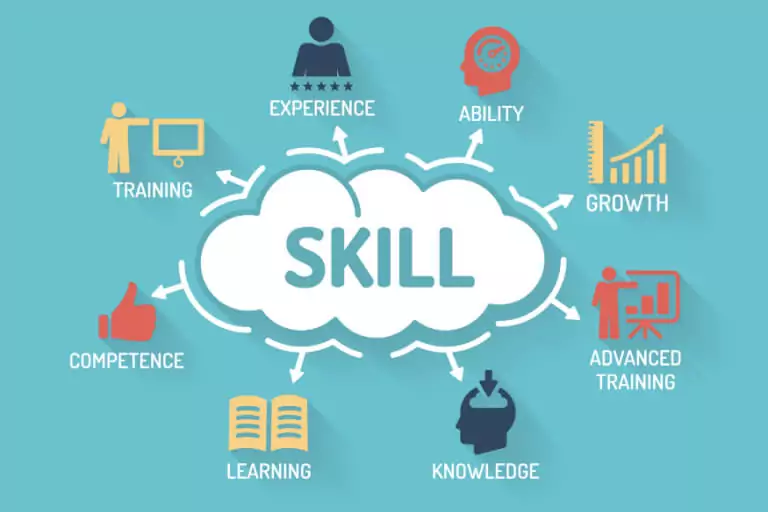The skills section of your CV is not just a mere list of abilities—it is a powerful tool that allows you to showcase your unique strengths and qualifications to potential employers. In today’s competitive job market, where recruiters often have limited time to review each CV, a well-crafted skills section can make all the difference in capturing their attention and standing out from the crowd. In this blog, we will delve into the art of mastering the skills section of your CV, providing you with valuable insights, strategies, and practical tips to effectively highlight your strengths and leave a lasting impression on hiring managers.
Identifying Your Key Skills: Start by discussing the importance of identifying and selecting the most relevant skills for your target job. Guide readers on assessing their skillset, including both hard skills (technical abilities) and soft skills (personal qualities and attributes). Offer guidance on determining which skills are most in-demand and align with the requirements of their desired role.
Prioritizing Skills: Explain the significance of prioritizing skills in the CV’s skills section. Discuss the different approaches, such as placing the most relevant skills at the beginning or grouping them by category. Provide insights on tailoring the order of skills to match the job description and highlight the most impactful qualifications first.
Using Action Verbs and Keywords: Emphasize the importance of using action verbs and industry-specific keywords when describing skills in the CV. Guide readers on incorporating dynamic and powerful language to convey their proficiency. Offer a list of impactful action verbs and suggest researching industry-specific keywords to optimize the effectiveness of their skills section.
Quantifying and Providing Examples: Encourage readers to quantify their skills whenever possible, showcasing the level of proficiency or achievements associated with each skill. Guide them on providing specific examples of how they have applied those skills in previous roles or projects. Highlight the importance of demonstrating tangible results to enhance credibility.
Balancing General and Job-Specific Skills: Address the need to strike a balance between general skills that showcase versatility and job-specific skills that directly relate to the desired role. Discuss the benefits of including a combination of both types of skills to demonstrate adaptability and expertise in the required areas.
Showcasing Transferable Skills: Guide readers on effectively showcasing transferable skills—those skills gained in one context that are applicable in another—especially when transitioning to a new industry or role. Explain how transferable skills can bridge the gap and make their profile relevant to the desired position.
Keeping the Skills Section Concise: Highlight the importance of conciseness in the skills section. Encourage readers to be selective and avoid listing an overwhelming number of skills. Provide guidance on choosing the most impactful skills that align with the job requirements and removing any redundant or outdated skills.
The skills section of your CV is your opportunity to make a memorable impression on hiring managers and demonstrate your suitability for the job. By taking the time to carefully identify, prioritize, and present your key skills, you can effectively communicate your qualifications and increase your chances of securing interviews. Remember to use action verbs, industry-specific keywords, and concrete examples to bring your skills to life. Craft a skills section that showcases your unique abilities and aligns with the requirements of the role. With a well-crafted skills section, you can confidently present yourself as a top candidate and open doors to exciting career opportunities. Start refining your skills section today and watch as your professional profile shines brightly in the eyes of recruiters.
Now is the time to apply what you’ve learned and enhance your skills section. Take action today, revisit your CV, and give your skills the attention they deserve. Your future career success may depend on it!



